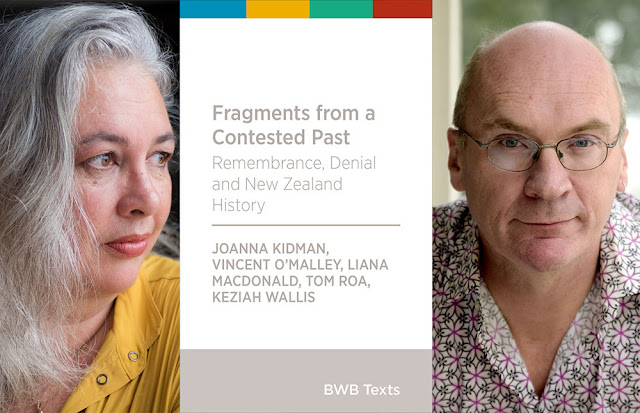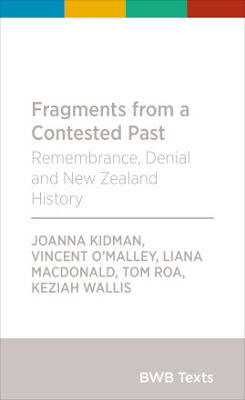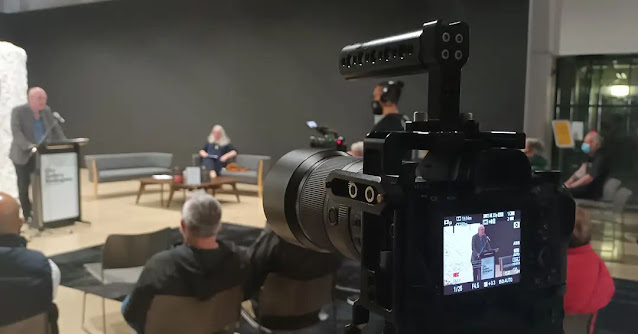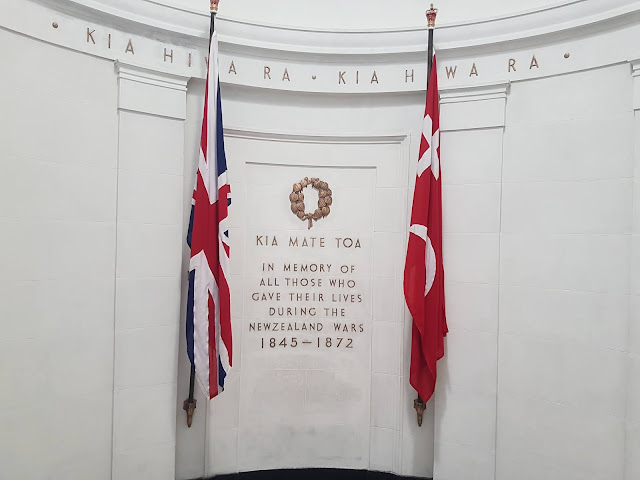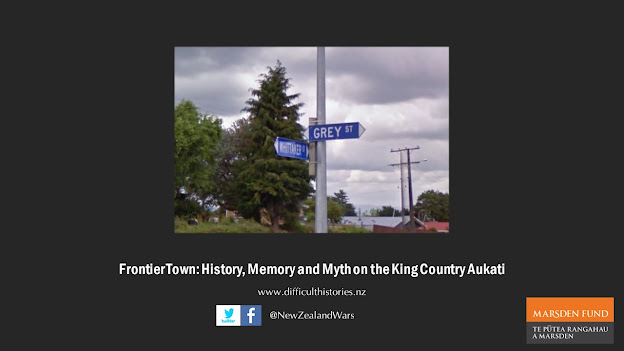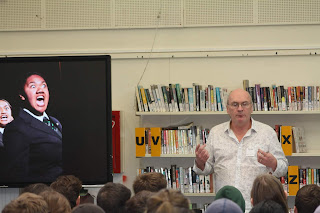2023 Talks and Events
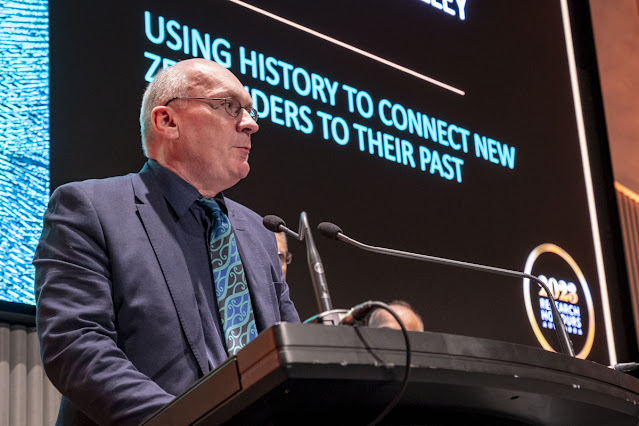
In the past twelve months I have taken part in a number of different talks and events alongside other participants. Here, I provide links to those available to view online, organised chronologically. Prime Minister's Awards for Literary Achievement, February 2023 An online panel discussion with the 2022 recipients of the Prime Ministers Awards for Literary Achievement: • Fiction: Stephanie Johnson – a celebrated and popular author of twelve novels, as well as poetry, short stories, and writing for stage and television • Nonfiction: Vincent O’Malley - a distinguished author and historian of the New Zealand Wars and Te Tiriti o Waitangi • Poetry: James Norcliffe – an acclaimed poet and writer for children and young adults, as well as a prolific editor and poetry champion All three writers will read and discuss their work with award winning writer and broadcaster, Nick Bollinger. Scarred Nations Symposium, Auckland Museum, April 2023 Scarr...
